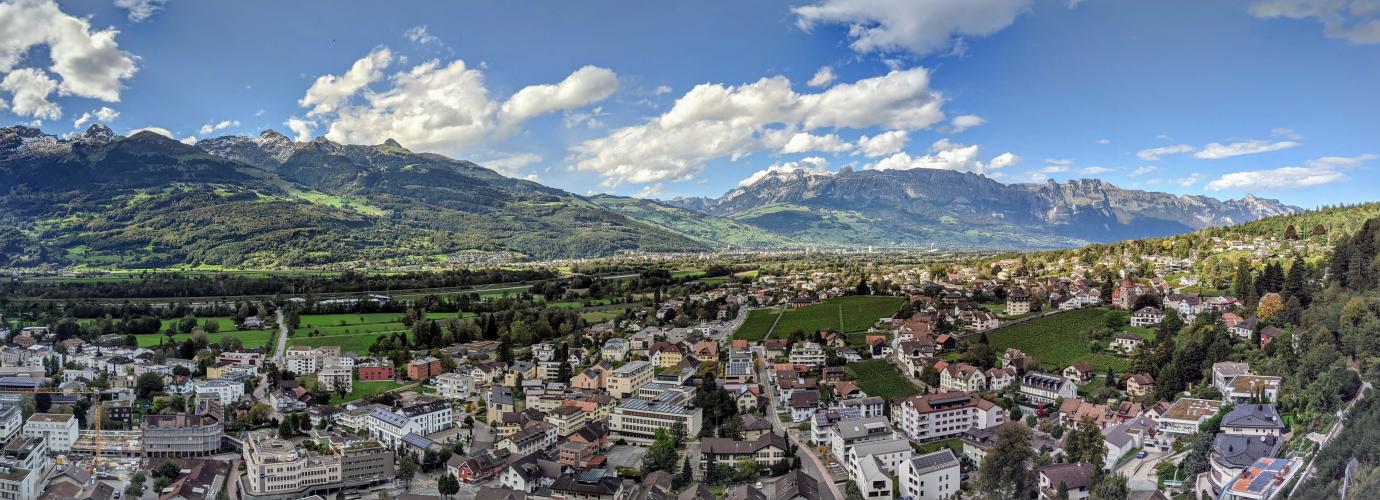Offers of adult education are diverse and vary according to their target group in their objectives, contents and course length. There is a distinction between general and professional adult education and therefore between:
- courses furthering and enhancing professional and personal development and competencies. Course attendance is usually verified by a confirmation certificate.
- training courses/additional education courses – usually with a diploma – that are generally based on a completed training or on extended schooling and that systematically enhance professional qualifications.
Admission requirements for adult education depend on the type of further education. A majority of adult education offers do not require special qualifications or rather do not request specific admission criteria. Courses of further education in tertiary institutions (universities etc.) however ask for specific diplomas as an admission requirement.
The field of adult education contains a broad variety of programmes either of formal base with official degrees or of non formal base. Courses vary from humanities, natural and social science, personality, creativity, informatics, language, health, economics and society to professional and job specific courses. Entry requirements, course structure, expenditure of time and form of certificates depend on the specific programme and type of further education.
Catch-up education
The field of catch-up education offers certificates of formal education (e.g. upper secondary level leaving certificates; certificates of proficiency/professional certificate).
Aptitude tests for regulated professions
Aptitude or qualifying tests are a characteristic feature of regulated professions that require a trade licence for a self-employed execution. Admission as well as examination requirements and their organisation are regulated by law and are supervised by the relevant authorities in cooperation with the professional associations.
Examples are, inter alia, certificates for restaurant management, transportation, bar examination, trusteeship, auditing and court.
Adult education institutions in Liechtenstein do not qualify for state recognised certificates or diplomas. There is, however, in cooperation with Switzerland a booklet of certificates, the education passport, where attended courses can be displayed and signed by the course instructor.
Besides course confirmations universities offer the following diplomas:
- Master of Advanced Studies (MAS)
- Diploma of Advanced Studies (DAS)
- Certificate of Advanced Studies (CAS)
MAS-degrees are regulated by law. Master degrees in further education as a rule are directed at persons with a university degree or equal qualifications who are mostly already active in professional life. If however this requirement has not been met students can file an application „sur dossier“.
MAS usually last for two years and are completed as extra-occupational courses. After the completion of a master's programme successful students are awarded the title „Master of Advanced Studies“. The completion of a master in further education in business administration grants the title „Executive Master of Business Administration“ (EMBA), the completion of jurisprudence entitles to carry the title „Executive Master's in Law“ (LL.M).
CAS and DAS designate extra-occupational certificate and diploma courses that offer extended further education in a specific field. DAS commonly last one to two years, CAS usually a few months.

